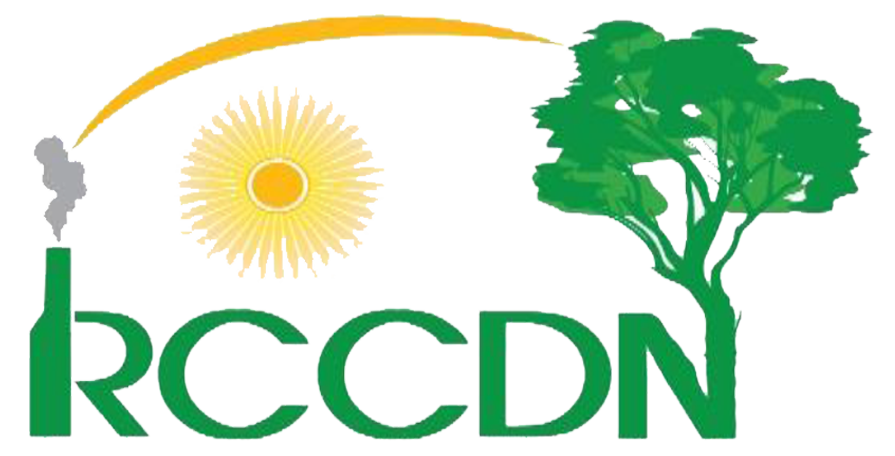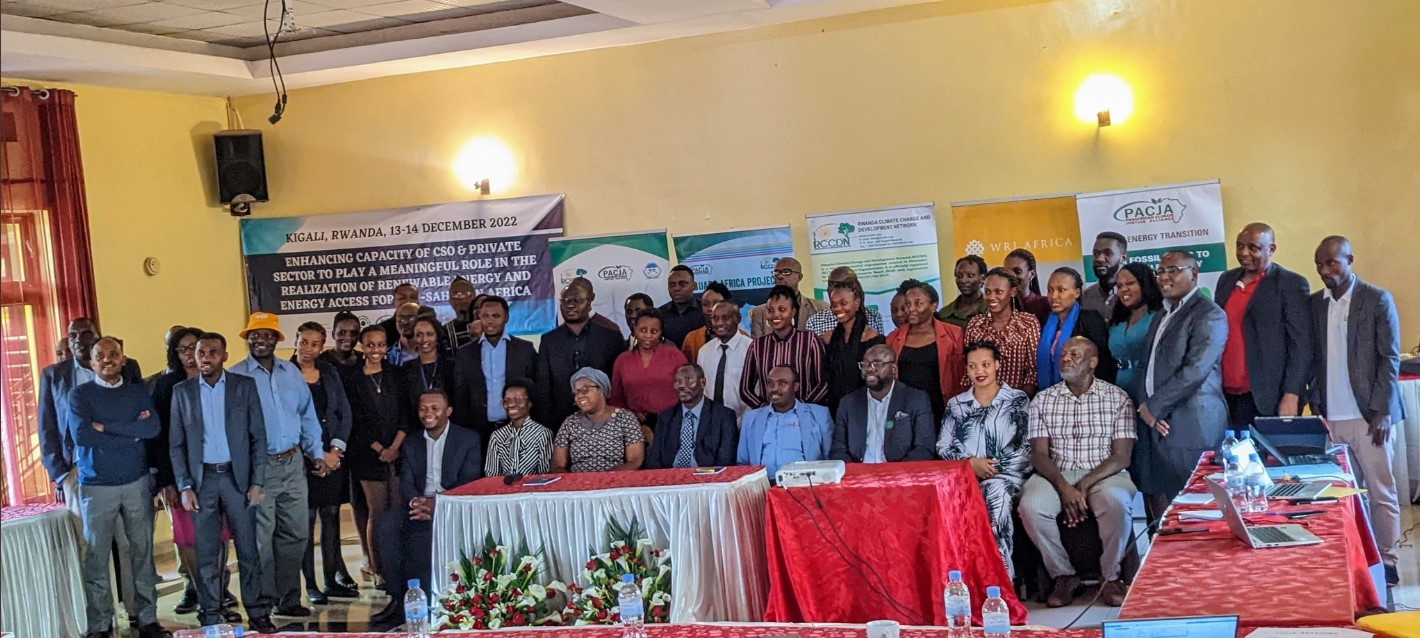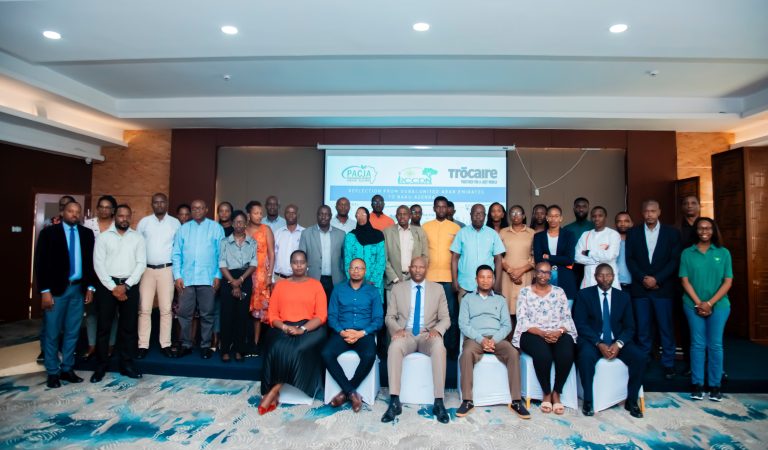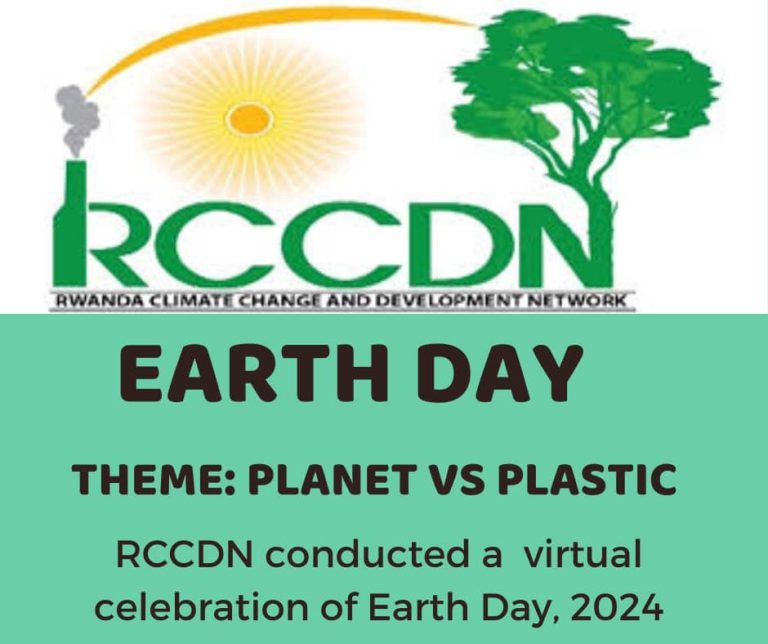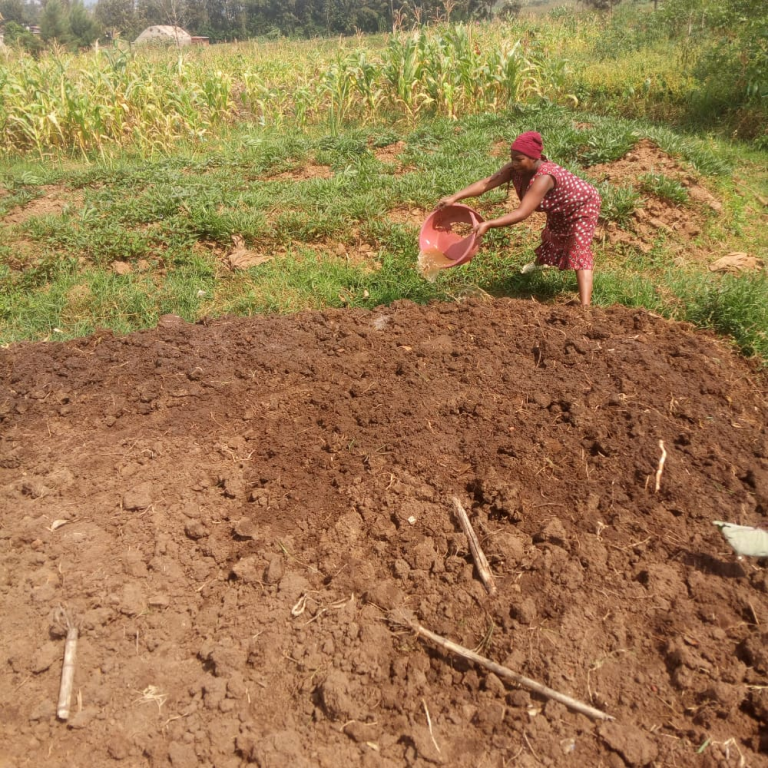In different countries and obviously around the world, women are more likely to be poor than men which tends to result in them being more victims, specifically in regard to climate change issues which is the era that RCCDN deals with.
Back in 2021, the female population in Rwanda was reported at 51.1% and 48.9% according to the World Bank collection of development indicators, compiled from officially recognized sources. In Kenya Population and Housing Census (KPHC), women comprise 50.5% of the total 10 population in the country in 2019. Nevertheless, their representation across well-being indicators is not equal to men.
Women are more likely to be poor than men to begin with. As the ‘Hearts of Home’ women are often the ones to find ways to make and prepare the meals and get the food ready on the table. If they don’t have any environment-friendly approach to use in cooking, they are more likely to end up harming the environment which results in some disputes about the climate.

Findings of the latest Kenya National Bureau of Statistics (KNBS) and United Nations Children’s Fund (UNICEF) 2020 Comprehensive Poverty Analysis report show that 65% of women aged 35-59 are multidimensionally poor compared to 56% of their 11 male counterparts.
This being said, women face more challenges and in relation to the energy sector in Africa, there will be the urge to experience significant structural change over the coming decades. Financing this change at the rate required will be one of the most pressing issues that Africa and the world must address.
There are some implications on climate commitments for energy access like Biofuel as a huge potential factor in the development of Africa that can be one of the solutions to be used for energy access. Amongst others that can be listed are; Creation of youth employment by supporting and involving them in climate change issues and clean energy access, Climate mitigation around crop plantations and Access to Energy as the right Governance elements bringing closer to people.

Conclusively, the energy access explorer tool is needed to Provide geospatial data and analysis necessary to create a future where all people and institutions have access to affordable, reliable and modern energy for socio-economic development and women’s rights as well as human rights should be considered way more.
